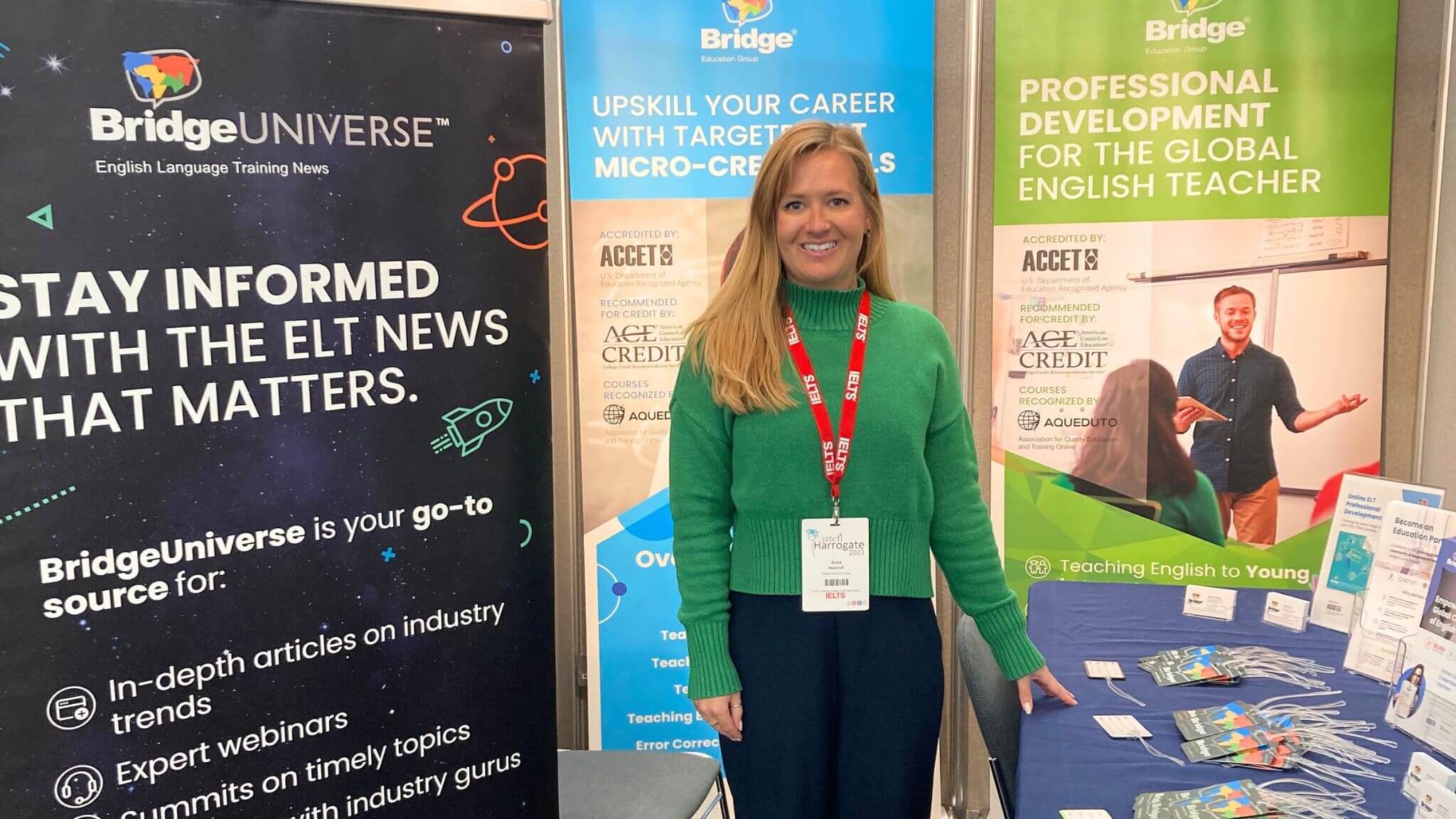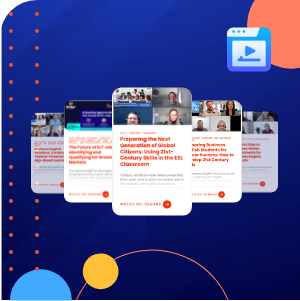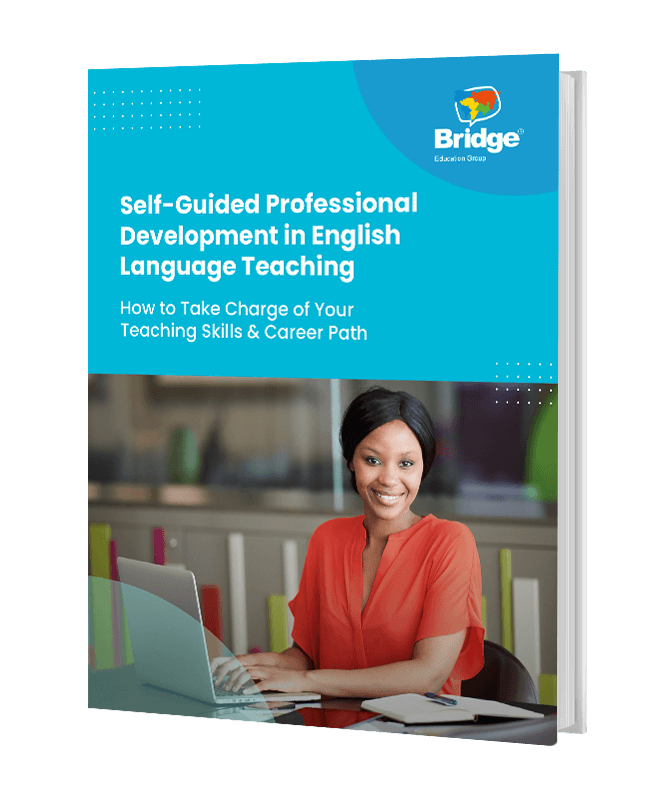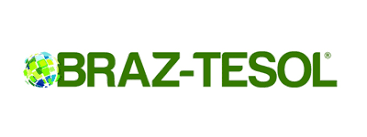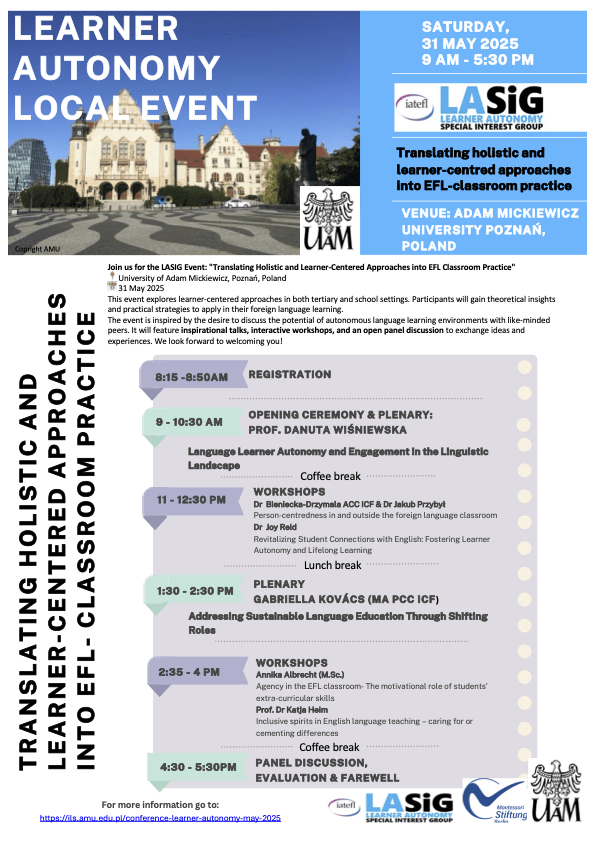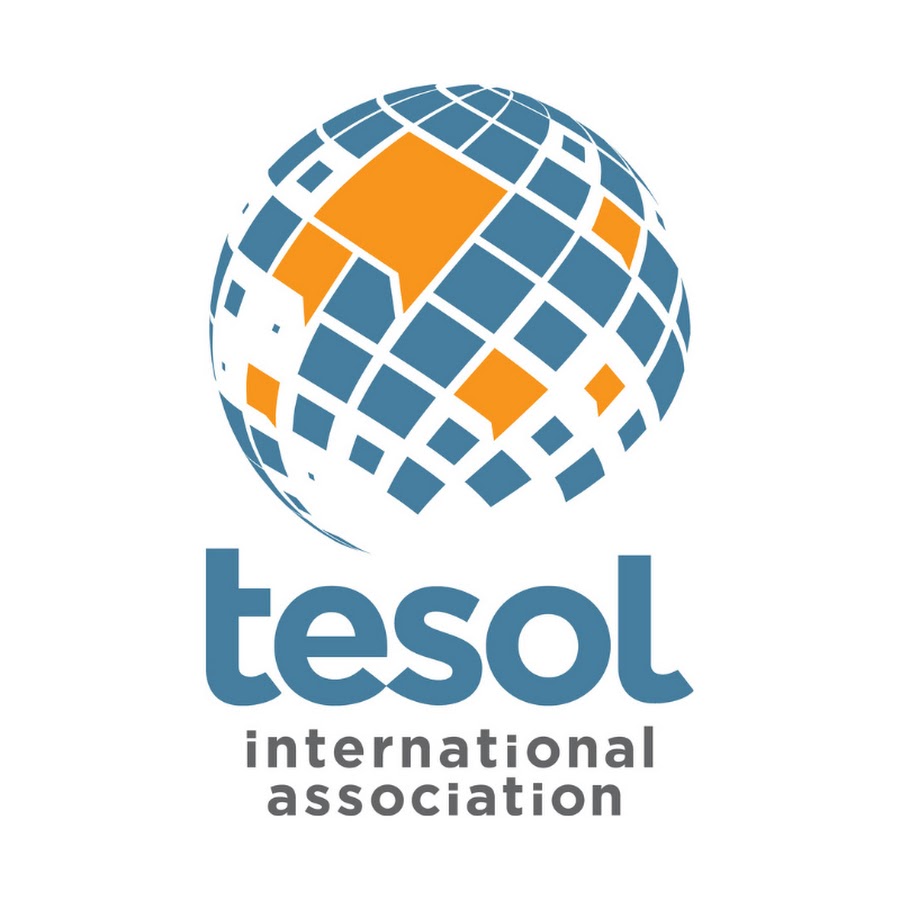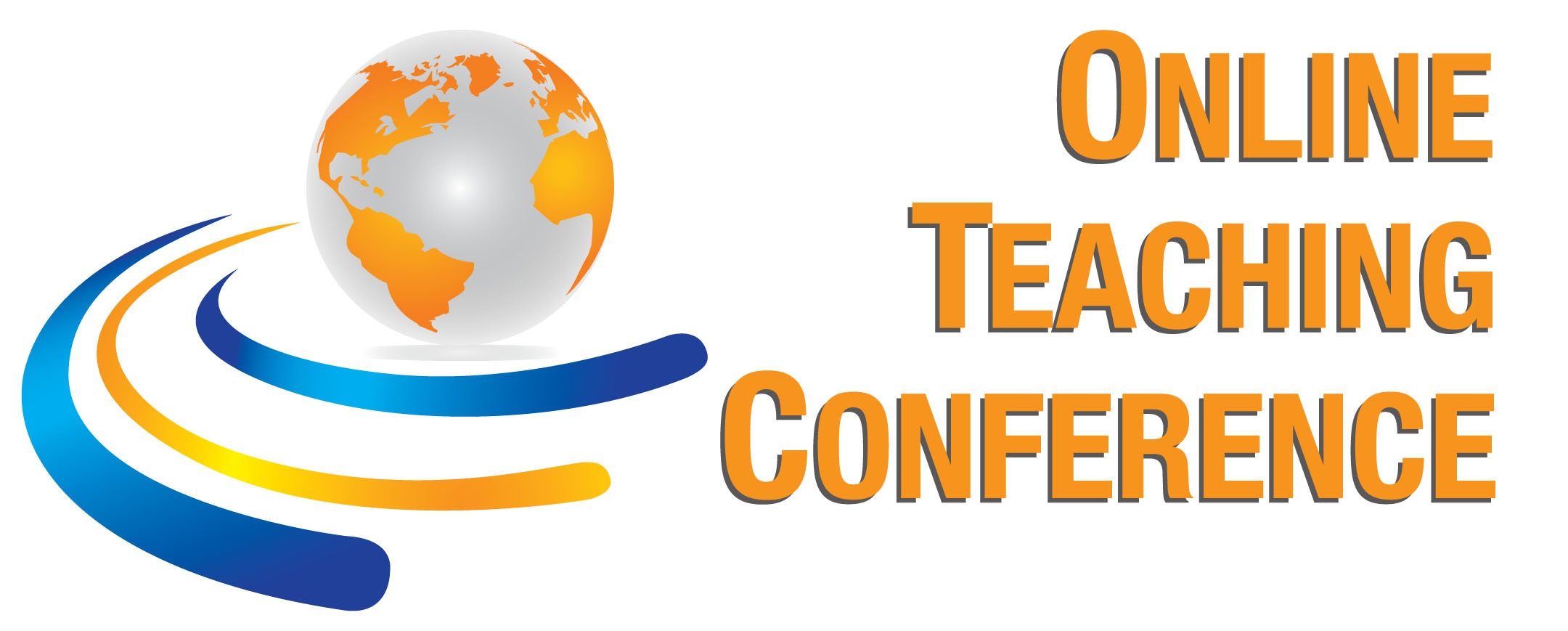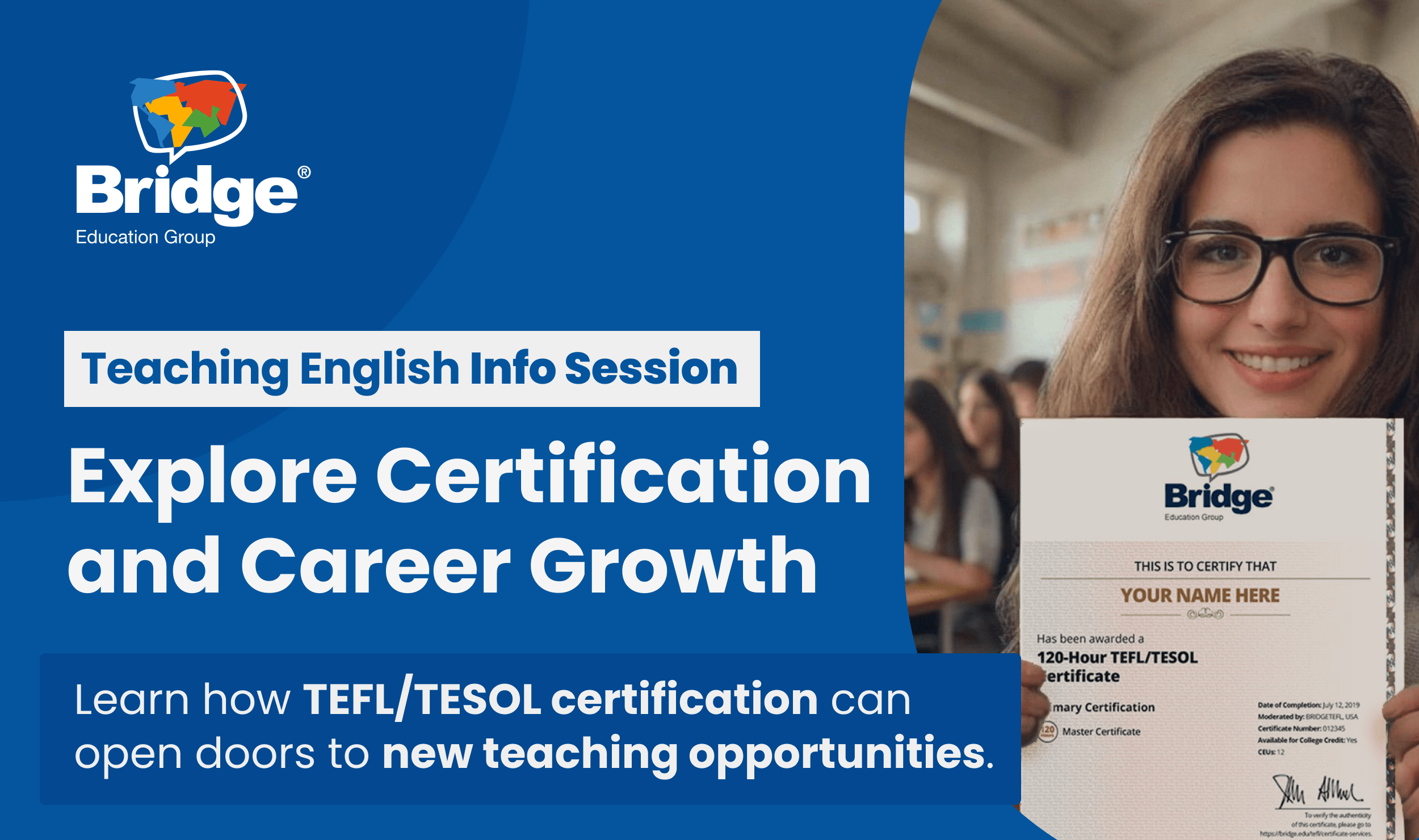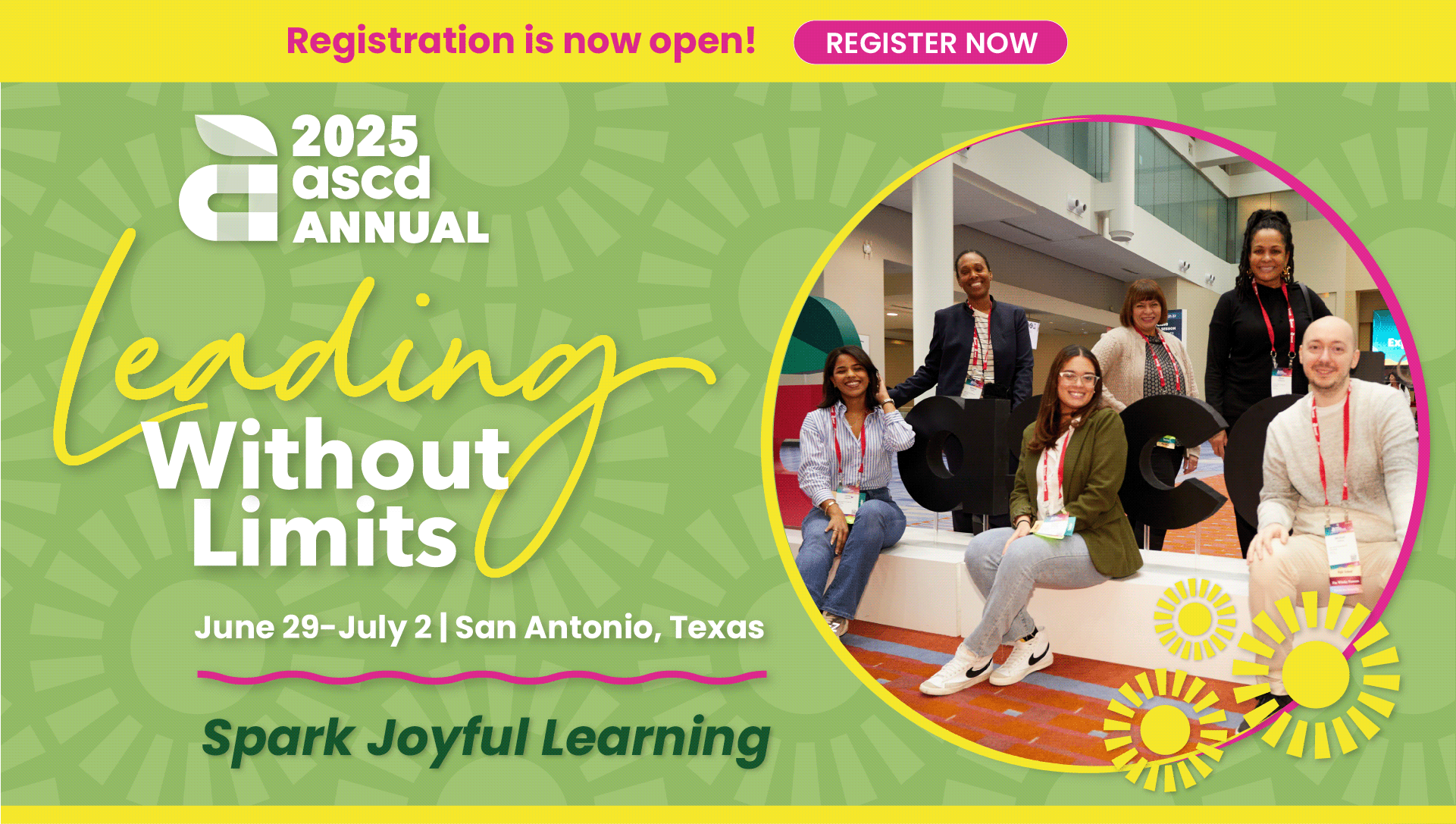Professional development for ESL teachers is sometimes overlooked, but it’s important. Whether you’re looking for a new position or want to move ahead at your current job, ESL professional development can help you stand out to employers as someone who stays on top of trends in education and values lifelong learning. To make your resume shine, we’ll share nine professional development opportunities, such as earning specialized TEFL/TESOL certificates, attending ELT webinars, and applying for TEFL/TESOL fellowships.
What is meant by professional development for ESL teachers?
Professional development is learning designed to improve one’s capability, expertise, and knowledge in a certain job or career field. This learning often entails earning or maintaining certain credentials through academic certifications and coursework but can also involve informal learning opportunities, such as peer groups or conferences.
When it comes to ESL professional development for teachers, for example, a TEFL/TESOL-certified, experienced teacher might take a specialized course to learn a new skill, such as teaching English online, or attend an online webinar or a conference to stay on top of the latest methods of teaching English.
Why is professional development important for ESL teachers?
Professional development for EFL teachers provides opportunities for both in-person and online English teachers to stand out among other professionals in this highly competitive field. It can improve your chances as an applicant and help you advance in your current job.
Furthermore, TEFL/TESOL professional development is important if you want to continue to be a better and more successful teacher. Without participating in professional development opportunities, teachers can become stagnant in their teaching practices and in their EFL careers.
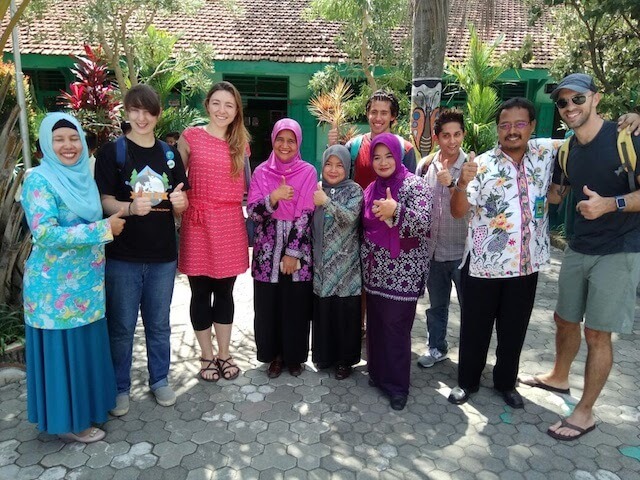
What are some examples of professional development for ESL teachers?
There are countless opportunities for ESL professional development. Below are nine of the best ways you can take part in this kind of ongoing learning, all of which will give your resume a boost and provide talking points for your next TEFL/TESOL job interview.
1. Earn TEFL/TESOL certification of at least 120 hours
If you don’t already hold an internationally recognized TEFL certification, earning this credential will open doors to a wider range of teaching opportunities both worldwide and online. Most reputable employers require a certification of at least 120 hours, so if your current certificate is fewer hours than that, upgrading it to meet this international standard will result in more opportunities, as there are various types of jobs you can get with a TEFL/TESOL certificate. You can also teach English online for yourself or with a company.
If you’re considering making a long-term career out of teaching English, want to stand out from other teachers, or want to qualify for non-teaching EFL jobs (like language school director, teacher trainer, or curriculum designer), taking a more advanced course like the IDELTOnline™ is a good idea. This graduate-level certification offers 15 Continuing Education Units (CEUs) and up to nine college credits if you want to pursue a master’s in TESOL.
Even if you’re already a teacher, it’s important to get TEFL/TESOL certified to advance your career. Fortunately, earning a TEFL/TESOL certificate online is an option, so it’s possible to take this step no matter where in the world you’re located!
Learn more about earning college credit through Bridge courses.
2. Tune in to ELT webinars to expand your knowledge
Attending live webinars like the Bridge Expert Series is a great way to connect with other educators and leaders in the ELT industry. You can stay up to date with the latest ELT news and teaching methods, as well as engage with a global community. Industry expert panelists join Expert Series Moderator Shélynn Riel in interactive discussions of ELT topics, with attendees asking questions and sharing information and insights as well.
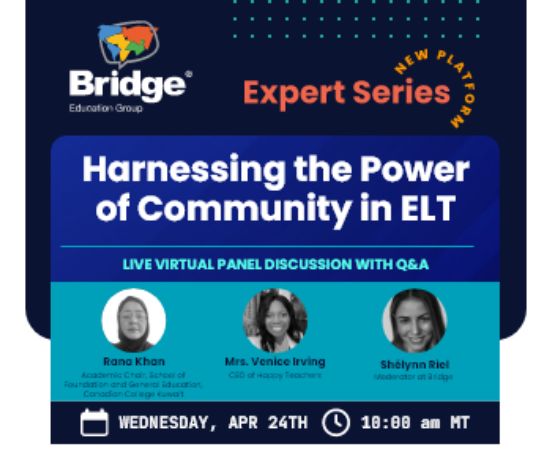
Participants can register to attend the live webinars or join the Expert Series community to access a library of 75+ on-demand webinars. Webinars are organized in learning paths that include:
- 21st-Century Teaching
- Business English
- Content and Language Integrated Learning (CLIL) & Bilingual Education
- Industry Insights (ELT News)
- Jobs, Career Advice, and Professional Development
- Teacherpreneur
- Teaching English Online
- Teaching Methodology and Best Practices
- Testing and Assessments
- Travel & Teach
- Young Learners & Teenagers
Attendees can earn a Certificate of Professional Development for each completed webinar, providing a tangible resource for teachers looking to boost their resume, market their independent teaching qualifications, or advance in their current teaching position.
Learn more about the Bridge Expert Series.
Unlock an extensive library of ELT webinars and earn professional development certificates
Bridge Expert Series
Join Our Community3. Specialize your training/certification
If you’re already TEFL/TESOL certified, specialized courses will enhance your resume by showing employers that you go above and beyond and value continuous professional development.
Specialized Certificates
Teachers can specialize in high-demand areas, such as teaching young learners or teens or teaching Business English, to qualify for more diverse jobs and be better prepared for the classroom. Specialized training also provides opportunities for experienced teachers to expand into new and growing TEFL/TESOL niches, such as teaching English online or using Content and Language Integrated Learning (CLIL), a bilingual education method growing in popularity all around the globe.
Teachers pursuing careers as independent English teachers can complete the Succeeding as an English Teacherpreneur Specialized Certification as part of Bridge’s Teacherpreneur Academy. Academy members complete the Specialized Certification course, which teaches the essential skills in marketing and business for an independent teaching business, and attend monthly workshops and interactive info sessions. Members also gain access to a library of resources and a global network of teacherpreneurs.
Micro-credentials
You can even take professional development courses through Bridge via TEFL/TESOL Micro-credentials! These short, targeted courses cover practical, current topics in English language teaching, and you can take as many as you like. You can take courses to learn effective strategies to teach English pronunciation and error correction in the EFL classroom and train to teach English proficiency test prep. You’ll also get tutor support in your Micro-credential course and earn a verifiable certificate and digital badge upon completion.
Available Micro-credential courses include the following (this is just a sample of the offerings!), and more are added on a continual basis:
General Micro-credentials:
- Teaching English Pronunciation
- Teaching English as a Global Language
- Error Correction in the EFL Classroom
- Teaching English Using Podcasts
- Teaching English Using Video
- Materials Development for the EFL Classroom
- Teaching IELTS Exam Prep
- Teaching TOEFL Test Prep
- Teaching PTE Test Prep
- Teaching English as a Volunteer
- Teaching English With Low Resources
- Teaching English as a Christian Service
Micro-credentials for teaching English online:
- Games and Activities for the Online Classroom (Very Young Learners)
- Games and Activities for the Online Classroom (Young Learners)
- Games and Activities for the Online Classroom (Teenagers)
- Games and Activities for the Online Classroom (Adults)
- Teaching English Online to Groups
- Health, Safety, and Mental Attitudes While Teaching English Online
Micro-credentials in 21st-Century Teaching Skills:
- Introduction to Promoting 21st-Century Skills in the Classroom
- Promoting Creative and Innovative Thinking in Your Classroom
- Promoting Critical Thinking Skills in Your Classroom
- Teaching Communicative, Collaborative, and Interpersonal Skills
- Promoting Social, Cultural, Global, and Environmental Awareness in Your Classroom
- Promoting Digital Literacy in Your Classroom
- Instilling Confidence and Leadership in Your Learners
- Developing Students’ Education and Career Pathways
4. Showcase your achievements with digital badges

When you complete an online TEFL certification course or specialized certificate with Bridge, you will receive a digital badge that allows you to highlight your achievement. Add digital badges to your resume or LinkedIn profile to showcase your professional development. These stackable, shareable digital credentials provide employers with the full scope of the program you completed with just one click.
Map out your unique career path with the free guide to
Self-Guided Professional Development in ELT
download5. Attend or present workshops at your school or virtually
Team up with colleagues to identify areas in your teaching methods or your school that could use improvement, such as handling challenging students online. Then, host a workshop on the specific skill set that needs to be addressed. Workshops can be held in person or virtually via software like Zoom.
These professional development workshops can be scheduled on a monthly or bi-monthly basis. Teachers can take turns presenting or you can host a roundtable discussion instead. Consider incorporating peer evaluations or self-reflective practices like journaling into your workshops, providing teachers an opportunity to share the areas in which they excel and in which they need to improve. That way, you’ll never run out of workshop topics to cover!
Learn more about reflective teaching practices.
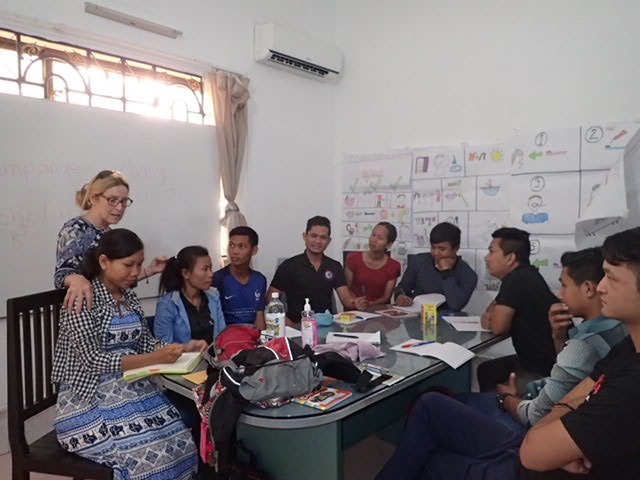
6. Connect with ESL peers and influencers
There are various ways to connect with ESL peers or other experts in the field. Try joining an interactive TEFL/TESOL training course, such as the IDELTOnline™, with an international cohort of trainees, to share ideas with other teachers through online forums, discussion threads, and collaborative projects.
You can also join EFL/ESL groups on social media sites like Facebook. These groups provide teaching support and allow you to discuss ESL teaching methods and ideas with other professionals. Some groups even revolve around specific topics, such as lesson planning, to help you grow in specialized areas. Others, such as the Bridge TEFL/TESOL Jobs Facebook Group, focus on job searching.
You can also connect with ESL peers through networking events like conferences. Use these opportunities to attend information sessions, share ideas, and learn from experts in the industry.
Join the Bridge Teaching English Online Facebook Group to connect with teachers around the world.
7. Attend virtual or in-person TEFL/TESOL conferences
Attending TEFL/TESOL conferences is a great way to continue your EFL professional development. There are many annual regional, national, and international conferences available to teachers, and many virtual conferences as well.
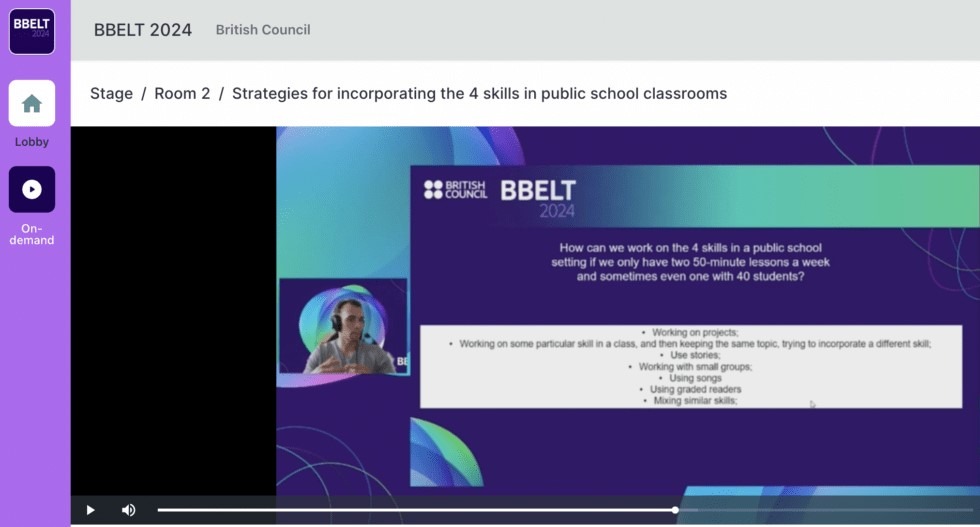
There are many annual conferences you can attend in person or virtually, such as the TESOL International Conferences, the annual BBELT Conference, the International Applied Linguistics & Language Teaching (ALLT) Conference, the IATEFL International Conference, and others. Conferences such as these provide opportunities for ESL teachers to network and hear from leading experts in the industry. Plus, attending an empowering TEFL/TESOL conference shows employers your continued interest in professional development and your involvement in the EFL community.
- Pro Tip: If you miss out on a TEFL/TESOL conference opportunity, check for post-conference deals. Sometimes, you can purchase post-access passes that include recordings of all of the sessions and other resources.
Never miss out on a conference or other professional development opportunity again! Map out your CPD in advance with the Bridge TEFL/TESOL Events Calendar.
Calendar of Events
M Mon
T Tue
W Wed
T Thu
F Fri
S Sat
S Sun
0 events,
1 event,
Info Session – TEFL/TESOL
Info Session – TEFL/TESOL
Are you looking to learn more about Bridge’s courses and explore the best path for your professional development as an English teacher? We can help! Whether you are an experienced English teacher or just beginning your […]
0 events,
0 events,
0 events,
2 events,
BRAZ-TESOL: Pronunciation & Bilingualism: adjusting the code
Pronunciation SIG, Bilingual Education SIG & Minas Gerais Chapter will join together at Cultural Inglesa - Sao João del Rei, where you will spend a very rewarding Saturday discussing pronunciation teaching and […]
IATEFL LASIG: Translating holistic and learner-centered approaches into EFL classroom practice
Join us for our LASIG event Translating holistic and learner-centered approaches into EFL-classroom practice, organized at the University Adam Mickiewicz Poznan, Poland on 31 May 2025. This event will focus on motivational aspects in the tertiary sector as well asin school settings that already provide […]
0 events,
1 event,
TESOL International: Teaching Reading for Multilingual Learners of English Workshop
Unleash the reading potential of your multilingual learners of English and accelerate their learning! In our new workshop, you'll discover strategies to leverage your learners' existing knowledge across languages, foster […]
1 event,
Teaching English Online Info Session
Teaching English Online Info Session
Ready to kickstart or elevate your English teaching career? Join us for the Career Path: Teaching English Online Info Session, where we’ll walk you through the essentials of teaching English as a second […]
0 events,
1 event,
IATEFL MaWSIG – English as a business Lingua Franca (BELF) research and materials for the corporate language training market
What do we mean by BELF and BELF research? What are its implications for the ELT industry, specifically, the worlds of business English and ESP? Why is the “B” in […]
1 event,
Green Educator Conference – Teaching For A Better Future
Online Conference | Friday, 6 June 2025 | 11:45 – 17:30 (GMT) Join a powerful day of inspiration, innovation, and action at Teaching for a Better Future – a dynamic online conference […]
1 event,
IATEFL – Dyslexia and ADHD: disability or opportunity?
An IATEFL monthly webinar presented by Boelo van der Pool As a school manager, Dyslexia and Attention Deficit and Hyperactivity Disorder (ADHD) used to be a problem for me. Struggling […]
0 events,
0 events,
1 event,
Info Session – TEFL/TESOL
Info Session – TEFL/TESOL
Are you looking to learn more about Bridge’s courses and explore the best path for your professional development as an English teacher? We can help! Whether you are an experienced English teacher or just beginning your […]
0 events,
0 events,
0 events,
0 events,
0 events,
3 events,
IATEFL TEASIG – The CEFR CV and the Handbook: what’s in them for teachers?
The CEFR was originally published in 2001 and, more recently, in 2020, the Companion Volume to the CEFR (CEFR CV) was published with new and updated scales. However, many practitioners […]
Bridge International Diploma in English Language Teaching (IDELTOnline™)
The path to your future just got clearer. Invest in yourself with our most advanced TEFL / TESOL certification course, the 150-hour, graduate-level IDELTOnline™. In this interactive training, you’ll join […]
0 events,
0 events,
1 event,
TESOL Live! Connect Around the World
Grab your favorite beverage and join fellow English language teachers to chat and connect around the world! We will spend this hour conversing about our lives, sharing classroom practices, and […]
0 events,
1 event,
PBL World 2025 Conference
If your school uses project-based learning (PBL) or you’re interested in this method of learning, PBL World is a multi-day PBL conference put on by PBL Works. Teachers, coaches, and […]
2 events,
Info Session – TEFL/TESOL
Info Session – TEFL/TESOL
Are you looking to learn more about Bridge’s courses and explore the best path for your professional development as an English teacher? We can help! Whether you are an experienced English teacher or just beginning your […]
1 event,
1 event,
0 events,
1 event,
IATEFL TDSIG Web Carnival: From Past to Present: Milestones In Teacher Development
Join us for “From Past to Present: Milestones In Teacher Development,” a transformative online conference for EFL teachers worldwide, on June 28th and 29th 2025. This year sees TDSIG celebrate […]
4 events,
ISTE Live 25
For over 40 years, the ISTE conference has stood out as a leading global forum in the field of education. It is renowned for bringing together educators and leaders to […]
2025 ASCD Annual Conference
Engage, celebrate, and connect at this dynamic event that brings together educational leaders and innovators. Supercharge your teaching and leadership skills to influence the future of education. This year’s theme, […]
GYTO (Get Your Teach On) Fest 2025
Need to reignite your passion for teaching? This might be the education conference for you. Spend time with Team Get Your Teach On as they share their enthusiasm for education […]
8. Apply for a TEFL/TESOL fellowship or grant
Applying for a teaching fellowship or research grant in an ESL-related field can give your career a huge boost in terms of making you more marketable and providing you with invaluable teaching experience.
National programs, such as the U.S. Department of State’s English Language Fellow Program, are competitive, and acceptance into one of these teaching programs looks great on your resume. If you’d rather focus on a research project for a specific ESL topic, try searching your government’s education site for grants. Most countries have a decent budget for awarding grant money to teachers for ESL projects, and having specialized, government-funded research under your belt will set you apart from other English language teaching professionals.

Oluyemisi Adebola Oladejo, an English teacher from Nigeria who won the 2022 ETS TOEFL® English-language Researcher/Practitioner Grant said, “This prize has given me visibility and cast the spotlight on me. There is a tremendous increase in my LinkedIn profile views and connection requests. For once, it seems the world is looking in my direction, and a lot of people are genuinely interested in what I do in the low-income community secondary school ‘somewhere in Africa.’ Since this win, I have had the privilege of telling my story on some international platforms. Just last week, I was a panelist on the TESOL Black History Month Webinar.”
9. Get your master’s in TESOL
This one may not be as easy as getting a specialized TEFL/TESOL certificate, but if you’re thinking of making teaching a career, consider getting your master’s in TESOL. An MA TESOL opens up the most competitive job opportunities and qualifies you to teach at a higher level, such as at university. MA TESOL jobs are diverse and include opportunities as an academic advisor or a materials writer.
If you’re not ready to commit to a master’s program right now or you want to explore other options, consider ESL continuing education classes or certifications like the Bridge IDELTOnline™, which can be taken as a pathway to graduate study at Bridge partner universities.
Training and participating in English language teachers’ professional development opportunities, such as attending webinars or completing specializations, makes you a better teacher. But, it’s also key to enhancing your TEFL/TESOL resume and standing out in a competitive job market.





